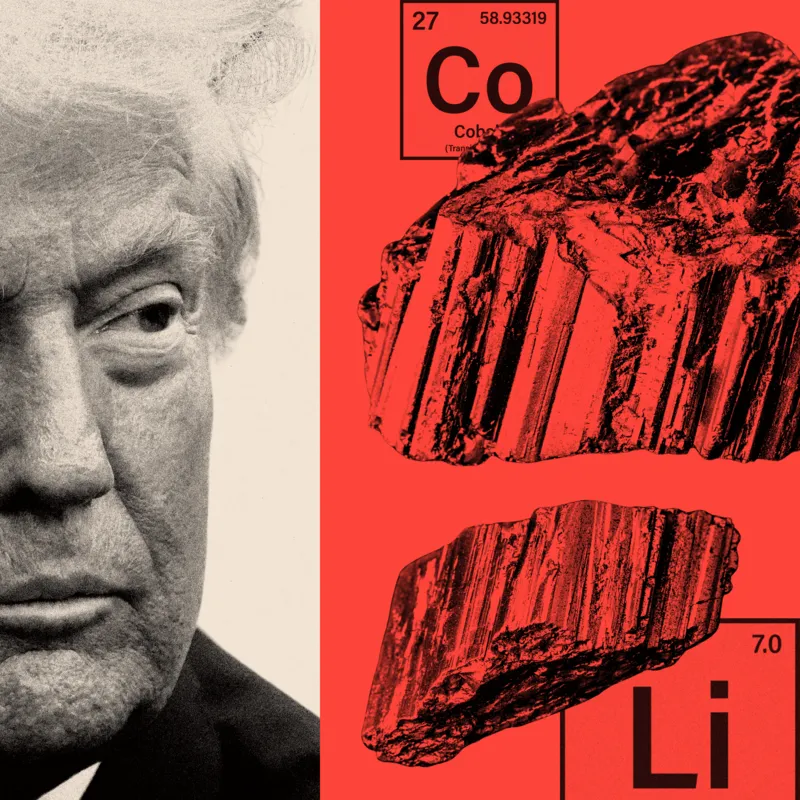Trump’s Critical Minerals Strategy: Economic Power Play or Green Technology Boost?
Former U.S. President Donald Trump’s return to the White House has raised concerns about global climate action, with many fearing a rollback of environmental policies. Since taking office, Trump has withdrawn the U.S. from the Paris Climate Agreement, limited scientists’ participation in international climate research, and criticized green technology investments.
However, a key focus of his administration has been securing critical minerals—essential components for industries such as aerospace, defense, and green technology. Trump has actively pursued agreements with Ukraine, Canada, and Greenland to obtain these minerals, a move that experts say could inadvertently benefit the clean energy sector.
Key Points:
-
Critical Minerals and Green Technology:
- Minerals like lithium, cobalt, and rare earths are crucial for electric vehicles, battery production, and renewable energy.
- Demand for lithium alone surged by 30% in 2023, with the clean energy sector expected to dominate usage in the coming decades.
-
China’s Dominance and U.S. Strategic Weakness:
- China controls around 60% of global rare earth production and nearly 90% of processing, creating supply chain risks for the U.S.
- A U.S. government report in 2023 warned that reliance on Chinese minerals could disrupt defense production and advanced technology manufacturing.
-
Trump’s Economic and Security Motive:
- The administration’s critical mineral strategy is seen as an effort to reduce dependence on China and strengthen U.S. industrial capacity.
- While Trump has opposed climate policies like the Inflation Reduction Act (IRA), securing critical minerals could indirectly support green technology development.
-
Possible Policy Shifts:
- Reports suggest Trump may issue a “Critical Minerals Executive Order” to accelerate mining, fast-track permits, and invest in U.S.-based processing plants.
- The IRA has spurred nearly $500 billion in clean energy investments, and its success in Republican-led states has prompted some GOP lawmakers to advocate for maintaining aspects of the policy.
Trump’s focus on critical minerals is primarily driven by economic and national security concerns rather than environmental motivations. However, if his administration’s push for mineral independence leads to increased domestic supply chains, it could inadvertently strengthen the U.S. green technology sector. The key challenge remains whether the U.S. can compete with China’s established dominance in processing and production. While Trump is not championing climate action, his policies may still contribute to the country’s renewable energy ambitions—provided they align with his broader economic strategy.






